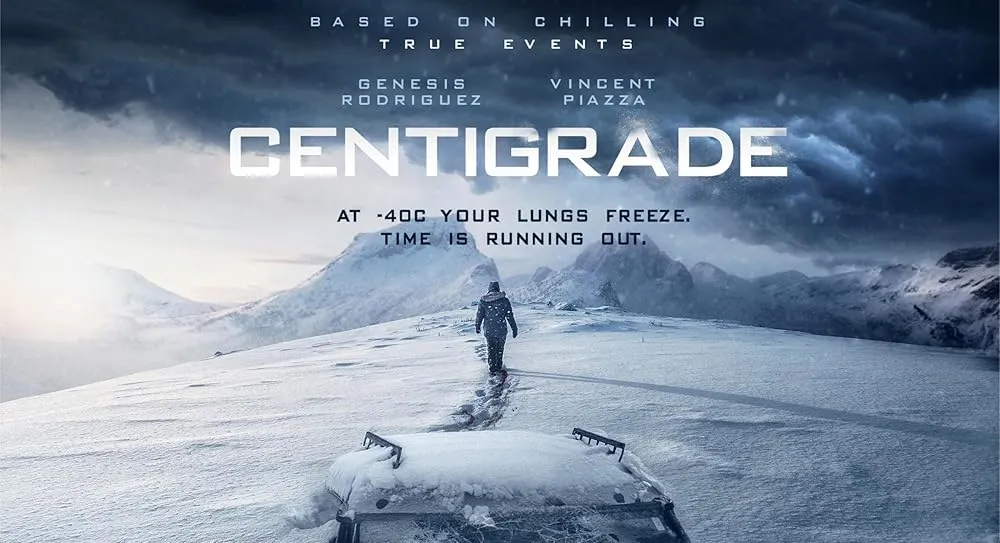Sometimes the dead can’t rest—because the living never really knew them
Lake Mungo (2008), directed by Joel Anderson, is a chilling and emotionally resonant mockumentary that proves horror doesn’t need jump scares or gore to haunt you. Told through a faux-documentary style, the film unravels the mysterious death of a teenage girl, Alice Palmer, and the eerie events that follow—both supernatural and deeply human.
The story begins with tragedy: sixteen-year-old Alice drowns during a family picnic at a dam in rural Australia. Her family—mother, father, and brother—struggle to make sense of the loss, and soon they begin to suspect that something is wrong. Strange occurrences begin around their home. Images appear in photographs. Shadows move in the corners of video recordings. It seems Alice is still there—or is trying to be.
But Lake Mungo is not just a ghost story. It’s a slow, sorrowful excavation of secrets, grief, and the masks we wear even in death. As the Palmers dig deeper, they uncover pieces of Alice’s life that were hidden beneath the surface—moments of fear, loneliness, and quiet despair. Each revelation is more tragic than terrifying, painting a portrait of a girl who was slipping away long before the water took her.
The film’s brilliance lies in its restrained style. Presented like a real documentary, complete with interviews, found footage, and news reports, Lake Mungo feels eerily authentic. There’s a rawness to its emotion—a deep sadness that lingers long after the final frame. The horror comes not just from the ghostly glimpses, but from the realization that we never truly know the people we love, even when they’re right beside us.
And then comes the ending—subtle, quiet, and utterly devastating. No loud climax, no dramatic chase. Just a revelation so deeply human, it haunts you in a way no monster ever could.

Lake Mungo is a hidden gem in the horror world—a meditation on death, memory, and the ache of what’s left unsaid. It's the kind of film that stays with you, whispering from the corners of your memory when the lights go out.

-1755664629-q80.webp)

